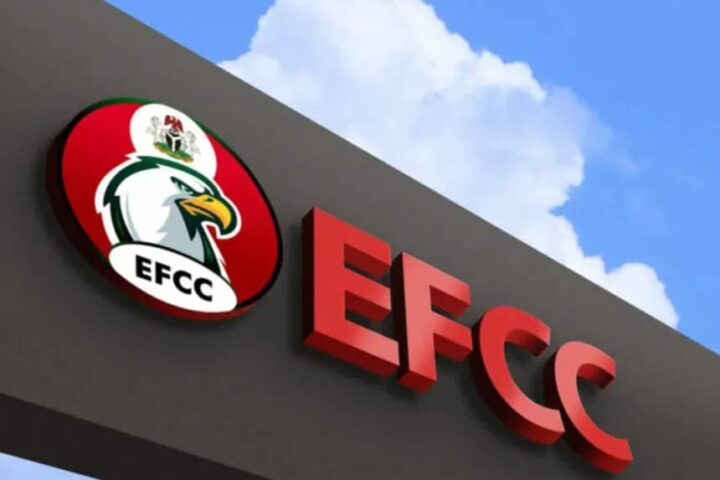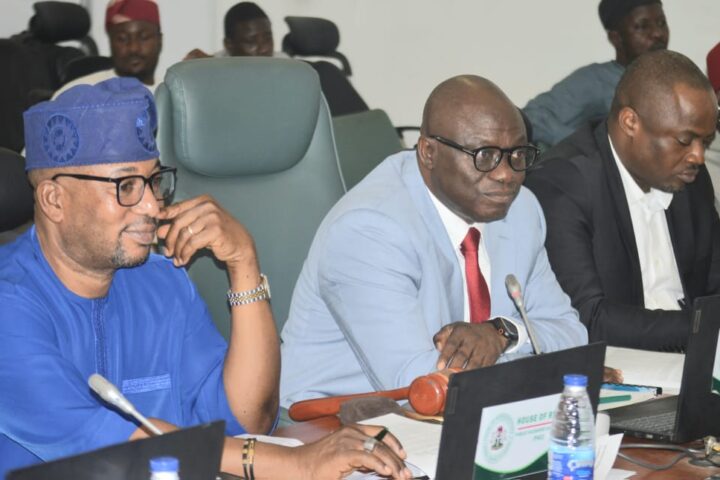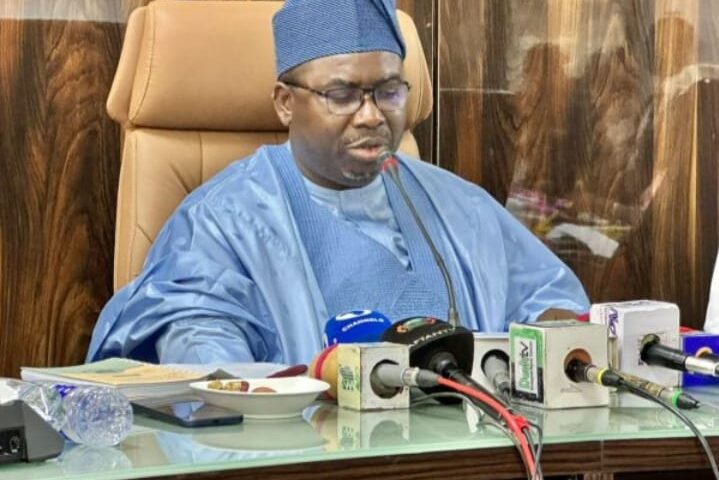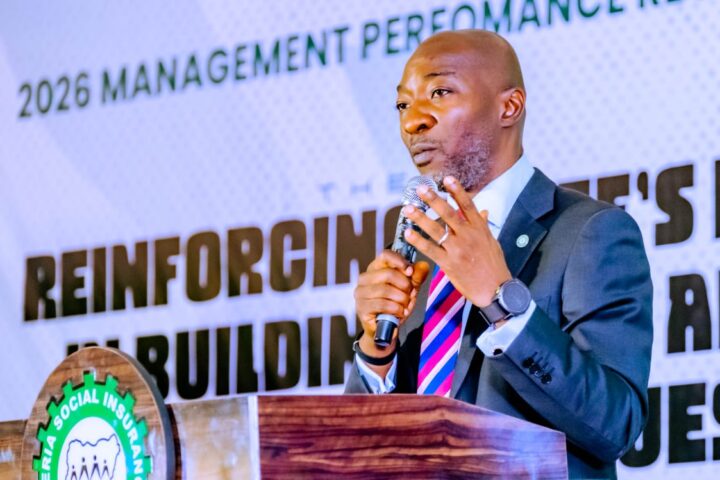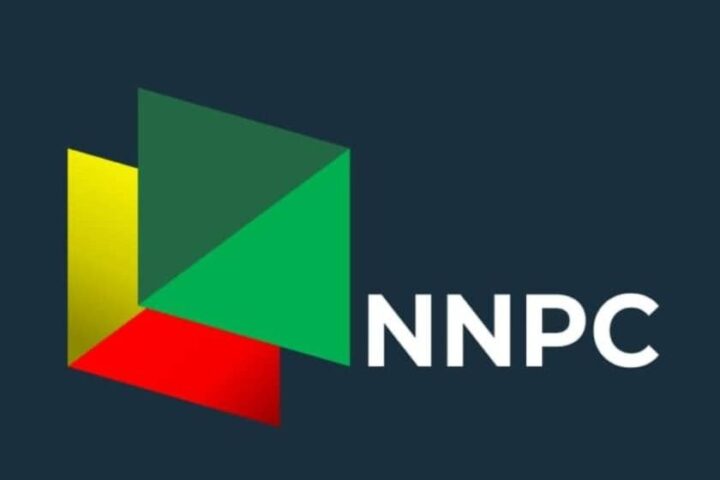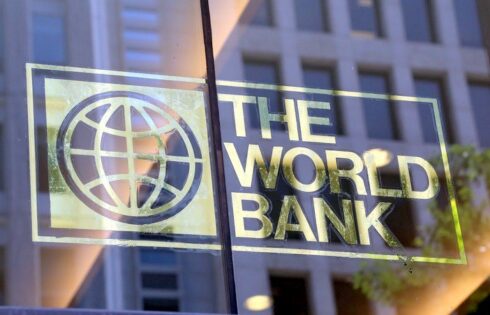
The World Bank has emphasized the need for Nigeria to implement its proposed tax law on sugar sweetened beverages,saying the development will curb consumption and address the harm associated with sugar consumption.
Senior Health Specialist at the World Bank, Dr Olumide Okunola,gave the reasons at a lecture organized by National Action on Sugar Reduction, NASR,
He disclosed that diabetes is among the most prevalent non-communicable diseases in Nigeria and the number of people living with diabetes is growing, insisting that the signalling effect of a SSB tax can reduce consumption through greater awareness of health effect.
He also that diabetes kills more adults in the country,adding that considering the fact that Nigeria is among the highest consumers of carbonate drinks, the Federal Governmentb has a responsibility to protect its citizens which can be achieved through taxation.
Decrying the zero benefits of Sugar Sweetened Beverages, SSB, Okunola advocated increased public awareness on harmful effect of SSB consumption stating that tax introduction is simple to administer and should cut across all carbonated drinks.
According to him, the tax generated from SSB will result in three major wins: a win for public health by bringing about improved health outcomes and reduced healthcare costs; a win for domestic revenue by introducing a new source to mobilize; and a win for the economy by the increased productivity from improved population health.
Also speaking on ‘Access to Diabetes Care’, Dean Faculty of Clinical Sciences, University of Abuja, Prof Felicia Anumah, stressed that the complications of diabetes are devastating, mutilating and costly to the individual, the family, the healthcare system and the country as a whole.
Anumah explained that type 2 diabetes is prevalent in adults, is a complex disease that may not show any symptoms and can be silent until complications arise.
‘‘The time bomb of diabetes has already exploded in Nigeria, People with diabetes need accessibility and affordability of supplies, we must check our blood sugar regularly. The cheap option that we have is prevention, Policy makers, NGOs and all Nigerians need to work together to prevent and reduce the impact of diabetes in Nigeria’’ she said.
However, earlier, Akinola of the Research Hub Africa, noted that 58% of Nigerians insist that it is important for government to take steps to reduce SSB consumption.
He explained that tax has the ability to effectively influence the purchasing decision of consumer before items are bought noting that according to the survey conducted, 62% of Nigerians agree that a tax on soft drinks could help to lower the high costs of managing non-communicable diseases like diabetes.
Meanwhile,a fresh Survey by National Action On Sugar Reduction (NASR) has shown that 54.4 percent of Nigerian population are in support of a tax increase on Sugar Sweetened Beverages (SSB) if the money collected would be invested in public programmes to improve nutrition and health.
A summary of Survey findings which was presented to stakeholders by Mr Akinola Akiwumi of the Research Hub Africa, noted that 58.3% of the population it important for government to take steps to reduce SSB consumption, while 43.8% believe that a tax increase on SSB would reduce obesity and related diseases in Nigeria



